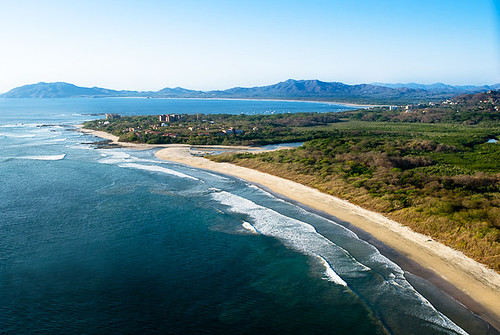Travel bookings to Latin America and the Caribbean could rebound to pre-pandemic rates as soon as 2023 or 2024, according to a new report from Phocuswright, a global travel market research group.
The region lost tens of billions of dollars in potential travel money as bookings fell by 63 percent in 2020. The good news is that travel flow to Latin America is expected to double this year compared to last year.
“There is a high level of uncertainty around travel market recovery, and the majority of Latin American countries are still closed to international visitors, which dampens the outlook for airlines and tour operators,” said Carolina Sass de Haro, Phocuswright market specialist for Latin America.
Countries in the region have tried to respond by lowering hotel or travel package prices. In Colombia, the government rescinded the value added tax for the hospitality sector in an effort to give a boost to the country’s hotels and restaurants.
Some countries are trying to other inventive ways to attract foreigners. Costa Rica, for example, is weighing legislation to create a visa for digital nomads. As more people work remotely and look for lower cost of living abroad, these type of policies that encourage travel could help give boost to the region.
That could work to the favor of the tiny Central American country and any others in the region that follow in its footsteps. Nearly half of all tech jobs for U.S.-based companies are expected to be located outside of the U.S. in the next five years, according to Business Insider.
Even with ambitious plans being made to reel back in tourists, countries around the region still have varying degrees of restrictions placed over them for international travelers.
In February, there were just 40 percent of the flights throughout the Latin American region that took place in February of 2020 before the widespread lockdowns.
An entire year with a fraction of international travelers to the region is especially tough on Latin America, where sizable parts of the economy are dependent on tourism employment and the boosts it gives to local services.











